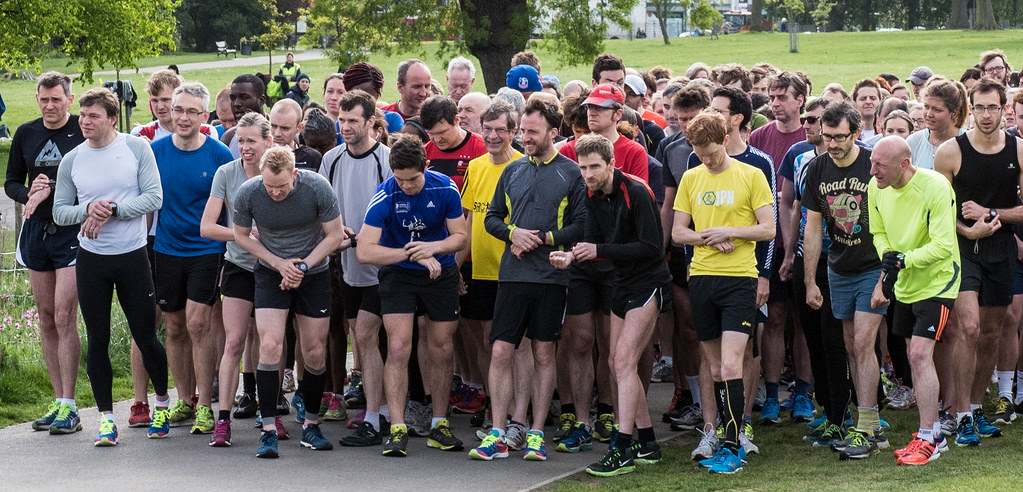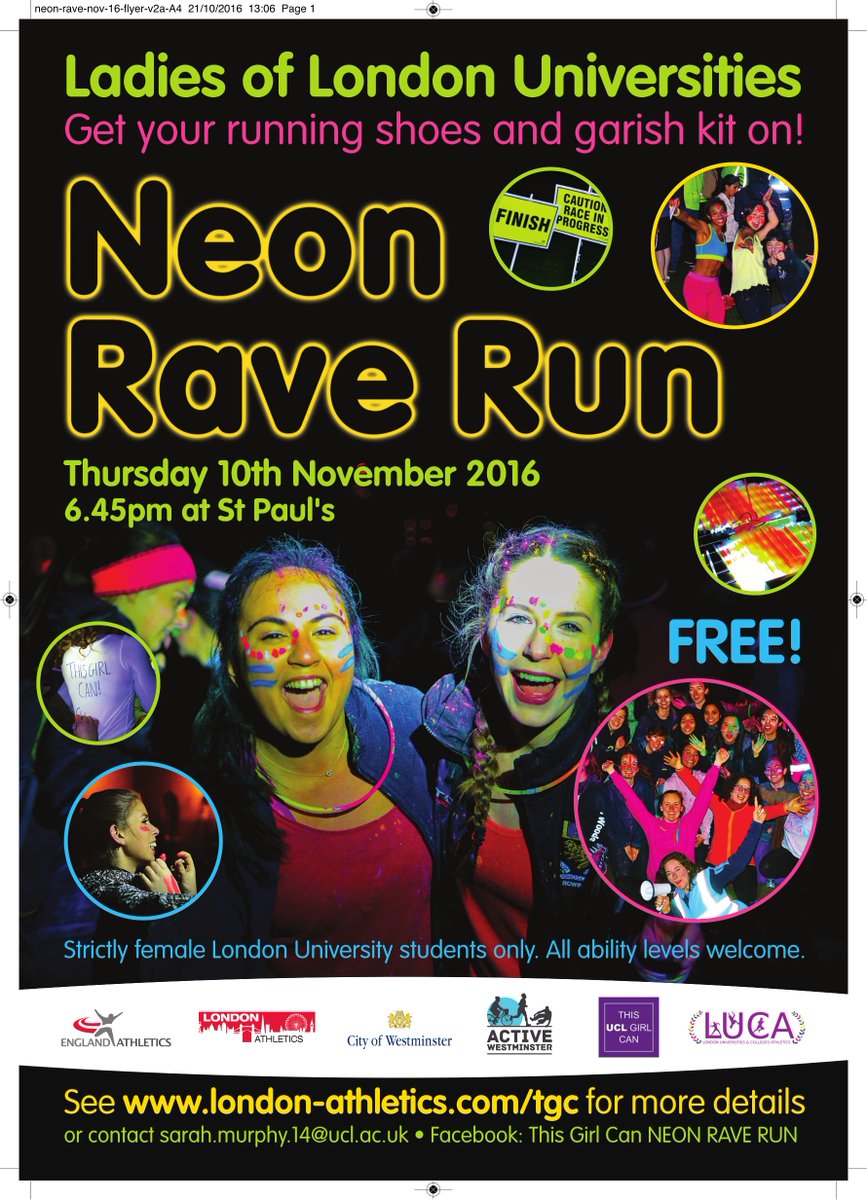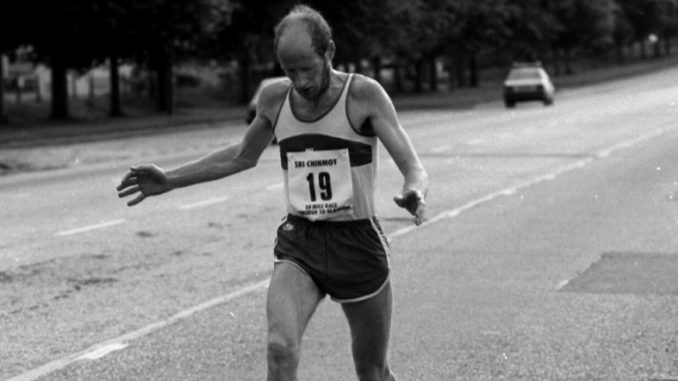
If searching for the longest standing world records in athletics, you will most likely be pointed to Jarmila Kratochvílová’s 800m at the 1983 World Championships. If you dig further still, you may come across Donald ‘Don’ Ritchie, who, on 28th October 1978, ran 100 kilometres around the Crystal Palace track in 6 hours,10 minutes and 20 seconds. To put that into perspective, he averaged a pace of quicker than 6 minutes per mile, or just under 1m29s per lap for 250 of them. This record stood for just short of 40 years, until it was bettered by Nao Kazami of Japan on June 24th, 2018 – only a week after Don passed away at the age of 73 – in 6 hours, 9 minutes and 14 seconds.
Don Ritchie, a man whom only the tiniest sliver of the running world has ever heard of, was arguably the greatest ultramarathon runner to have ever lived. The unassuming stubborn Scotsman was the unsung hero of British long-distance running. Starting out as a 400-meter runner with the Aberdeen Amateur Athletic Club, in later years he moved up to the marathon, running a personal best of 2 hours and 19 minutes. He found though that he still had yet to be tested, and it was only at the age of 33 that he found his real niche, discovering that it was his mental fortitude that would separate him from the rest of the pack.
First setting a world’s best for 50 kilometres, for the next two decades he would continue to break records in distances up to 200 kilometres, and timed races up to 24 hours. His ability to keep up a relentless pace over unfathomable distances was unrivalled not only during his era, but has remained the benchmark for world class runners ever since.
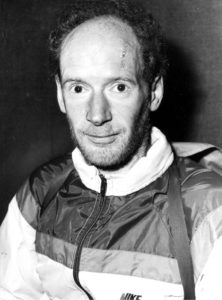
Among his myriad of accomplishments is running 100 miles in a world record time of 11 hours and 30 minutes, the equivalent of running just under four 3-hour marathons back to back. He ran the solo 844-mile journey from Land’s End to John O’Groats in under 11 days. It took him five months to recover fully, during which time he was prescribed seven courses of antibiotics. As well as being a prolific record setter, he earned 10 Scottish and 17 British international vests. In 1995 he received an MBE for services to athletics and charity.
When asked about his key to success, he admitted to never stopping at portaloos, preferring to urinate whilst running to save vital time, saying that dehydration meant that probably no-one but him would notice. His friend and former Scottish marathon champion Colin Youngson commented, “this quiet, determined, modest man was utterly dedicated to his running and had an incredible ability to tolerate, without complaint, very hard training and bold, exhausting racing tactics”.
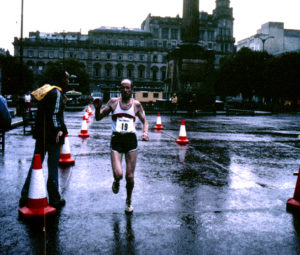
Even more impressive, his achievements came at a time where the sport of ultramarathon running was still in its infancy. Whilst the top athletes of today are professionals, backed by teams of sponsors and fuelled by modern day science, Don was for the most part a one-man team. Apart from accepting a sponsor who provided his shoes (which he presumably got through at an rapid rate running over two hundred thousand lifetime miles), he declined any endorsements, saying that “life in hotels, the travel, the hype, does not appeal [to me]…I would not be happy, chasing money”. During one trip to Italy he had to resort to sleeping on the floor of a railway station in Florence the night before a race. He of course stormed to a win the next morning. After big race weekends he says that he was ever keener to get back to his job as a lecturer in electronics.
His character can best be surmised in what he wrote himself. “To run an ultramarathon, you require a good training background, and a suitable mental attitude, i.e. you must be a little crazy. A certain type of mentality seems to be advantageous. I think you require to be a calm, determined, patient person with a high toleration for prolonged discomfort and a high capacity for delayed gratification.”
If ever there was an inspirational runner, it was Don. He will be sadly missed.

